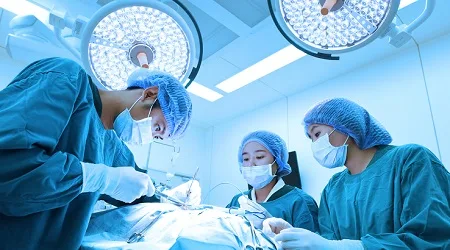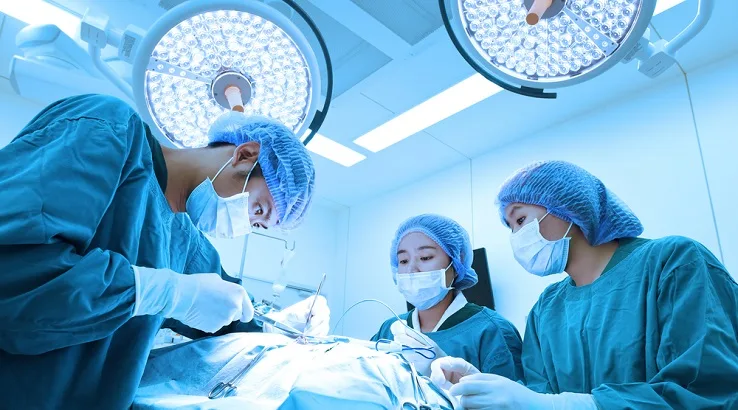Nearly 30% of Australian breast cancer patients who have a lumpectomy will need more surgery


While the technique can ultimately be effective, having follow-up surgeries can add undue stress.
Nearly 30% of all women undergoing lumpectomy for breast cancer will need follow-up surgery, according to new research out of the Centre for Big Data Research in Health at the University of New South Wales. A lumpectomy is a surgical procedure that removes part of the breast, and when combined with radiotherapy, it can be as effective as a mastectomy, or full breast removal.
But according to Dr Marina van Leeuwen and associate professor Claire Vajdic of the University of New South Wales, lumpectomies aren't always so straightforward. They studied 34,458 women in New South Wales undergoing lumpectomies and found that 29% of them needed more surgery within 90 days, and that half of these follow-up surgeries ended up being full mastectomies anyway.
They say the unexpected nature of these outcomes can have negative consequences including undue stress for the patient, worse cosmetic results, higher costs and even higher recurrence rates when radiotherapy is delayed as a result.
But the answer isn't to avoid lumpectomies. With a survival rate on par with mastectomies and better cosmetic results in most cases, lumpectomies are here to stay. Instead, women need more clarity going in. The researchers say patients should be aware that follow-up surgery is a possibility and that they need to raise any concerns about this possibility with their surgeons.
The study also uncovered differences in the rate of follow-up surgery among different hospitals, suggesting that by implementing best-practices, hospitals can reduce the rate of follow-up surgery. For instance, rural hospitals, which show a higher incidence of follow-up surgery than metropolitan hospitals, also show a lower rate of mammogram testing. A mammogram can help doctors diagnose breast cancer early, and this can have an effect on how the initial surgery is performed.
Breast cancer patients who have had their breasts either partially or fully removed may also decide to have plastic surgery to improve the appearance of their breasts. Since this is considered a medical procedure and not a cosmetic one, they may be eligible to have the treatment covered by Medicare or private health insurance.
Compare your health insurance options today
Why compare health insurance with Finder?
-
We don't ask for your phone or email to see prices.
-
With 1 click, you can open your results to nearly every fund in Australia.
-
You pay the same price as going direct – we charge no fees.
Why compare with us
-
You'll pay the same price as going direct - we don't charge fees
-
We don't ask for your phone or email to see prices
Latest health headlines
- HECS-HELP hell: Your uni debt could jump by $900+ by July
- Ordinals and runes – the new crypto craze?
- Earn up to $1,297 by investing some of your savings | Dollar Saver tip #79
- Why are there millions of dodgy cars on Australian roads?
- Shady shoppers: Petty crime escalates as Australians hit hard by cost of living crisis
Picture: Shutterstock




